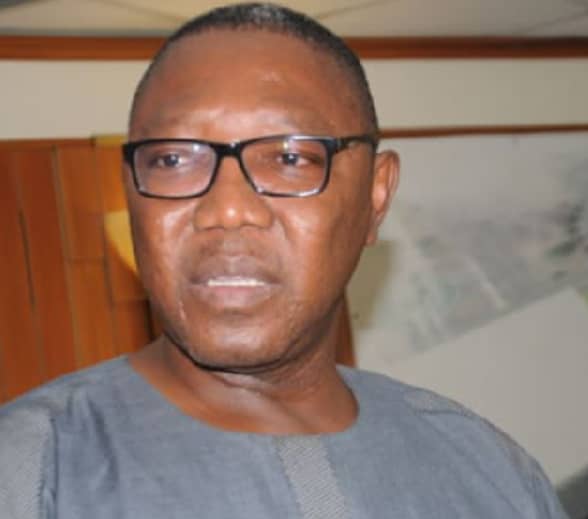Deputy Ranking Member on Education Committee in Parliament, Dr. Clement Apaak has called on President Akufo-Addo led administration to yank its plans from borrowing to finance the Free SHS policy as it will not be sustainable.
According to him, in as much as people continue to procreate and the student population keeps on increasing each year, borrowing to finance it will be like fetching borehole water to fill a sea.
In his write-up copied to A1 Radioonline.com, Dr. Apaak who doubles as the Member of Parliament for Builsa South constituency noted that available evidence has shown that the government is banking its hopes on borrowing to finance the Free SHS policy.
He explained that “To put matters in context, the Parliament of Ghana from 2017-2021 approved in excess of 7 billion (2017 – 400 million; 2018 – 1.2 billion; 2019 – 1.6 billion; 2020 – 2.4 billion; and 2021 – 1.9 billion) for the financing of fSHS. Based on the above, it’s justified to ask the government to tell Ghanaians how much it has borrowed to finance fSHS. How much of the estimated Ghc170 billion borrowed by the Akufo-Addo/Bawumia government in just about four and half years has been used to finance fSHS?”
Stressing on why he thought the government borrowing can not help finance the policy, Dr. Apaak noted that the student population keeps on increasing each year.
“We currently have 1,200,580 students in the public secondary school system, and the numbers will increase next year and every year, naturally, as we keep making babies. The trend is self-evident. For example, at the commencement of the policy in 2017, the student population was 432,780, in 2018 it increased to 613,780, and presently the number is 1,200,580 according to the 2021 budget.”
Passionate as he claimed, Dr. Apaak added that “The provision of educational infrastructure is lagging, not at pace with the increasing numbers of students. Out of 1,119 infrastructure projects government initiatives since 2017, only 539 have been completed. Even the securitization of getting FUND in 2018 for an amount of 1.5 billion dollars to help address the inadequate infrastructure, that is, complete some 766 old GET FUND projects and to add new infrastructure, has not changed the situation.”
Per these observations, Dr. Apaak however called on the government to consider a more sustainable source of financing the Free SHS policy as urgent as possible as the student population will keep on increasing and their needs for space, food, textbooks, teachers will be inevitable.
“Even with the current budgetary allocations and loans, reports of reduction in quantities/portions of food served to students and its quality, as well as the supply of teaching and learning materials, including books, are prevalent. Students complain of inadequate and poor food and the sharing of core textbooks.
The two principal challenges bedeviling the implementation of the policy are products of inadequate funding: inadequate space; inadequate/poor quality of food. Sustaining and improving our secondary education means the issues of inadequate space and inadequate/poor quality food must be addressed. This will require a national forum of stakeholders to discuss all the challenges, especially a sustainable source of funding for the fSHS. Budgetary allocations and loans have been unable to resolve the challenges; proven to be insufficient so far.”
Source: A1radioonline.com| 101.1 MHz| Moses Apiah| Ghana


